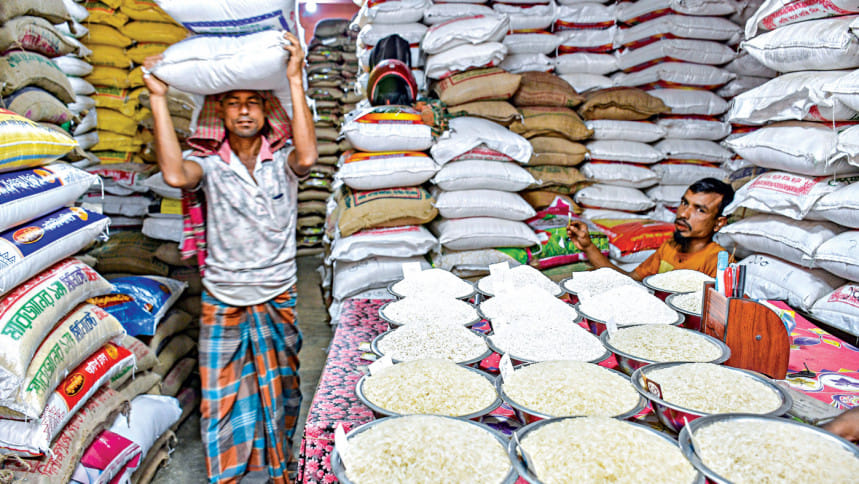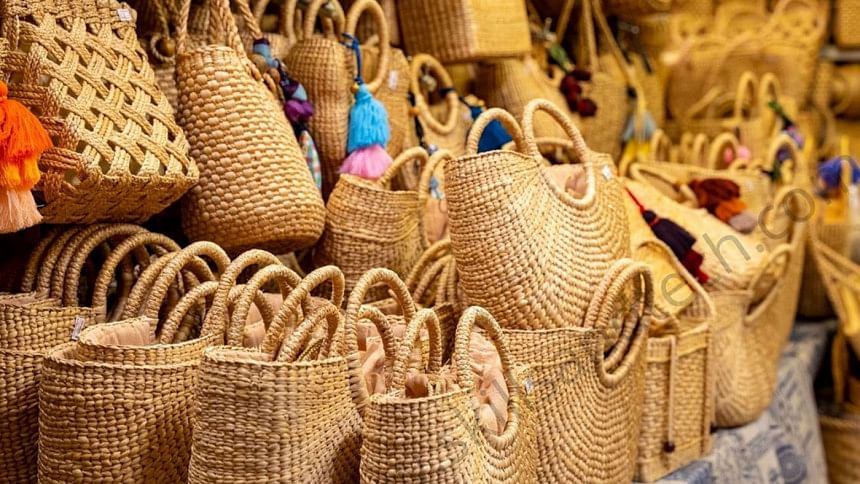Jute bags mandatory, in practice a different story

The use of jute sacks to package 19 commodities remains a far cry 13 years past the enactment of the Mandatory Jute Packaging Act 2010.
The law was enacted to protect the interests of jute growers and millers and limit the use of environmentally harmful plastic bags.
But a large number of businesses are packaging commodities ignoring the law amidst a lack of enforcement by the authorities in recent times.
Take the case of rice packaging.
Millers started using jute bags to package rice for marketing in the face of enforcement of the law by the government in the last quarter of 2015.
However, a good number of millers and traders gradually began to shift to plastic bags for packaging in tune with the arrival of rice imported from India in similar bags.
Jute and jute goods exports slumped 24 per cent year-on-year to $610 million in the July-February period of the current fiscal year, showed data from the Export Promotion Bureau
Jute bags are not also used fully for packaging 18 other commodities.
"Despite having the jute packaging law, we are experiencing inaction on the part of the law-enforcing agencies in implementing it on a mandatory basis," said Abdul Barik Khan, director-general of the Bangladesh Jute Mills Association (BJMA).
"Therefore, the jute sector is suffering from irreparable losses. The mandatory use of jute bags can bring back the golden days of the sector."
Jute and jute goods exports slumped 24 per cent year-on-year to $610 million in the July-February period of the current fiscal year, showed data from the Export Promotion Bureau.

Khan said a full implementation of the law would create more employment opportunities and give a boost to the rural economy.
"It will improve the quality of life and livelihoods of four crore to five crore people, keep our environment clean and help the country advance towards sustainable development."
The government initially mentioned six commodities, including staple rice, wheat, fertilisers and sugar under the law. Later, it added a number of items to the list.
The BJMA said the law has not been fully implemented. In the domestic market, products are being sold, transported and imported in violation of the law.
Md Abdur Rauf, secretary to the jute and textiles ministry, admitted that jute bags were not being used as intended. "We are working on it," he said.
As imported rice is coming in plastic bags, a section of millers and traders are taking advantage of it, said Rauf.
"Only enforcement will not work. We will sit with businesses regionally to increase the use of jute bags for packaging."

 For all latest news, follow The Daily Star's Google News channel.
For all latest news, follow The Daily Star's Google News channel. 








Comments